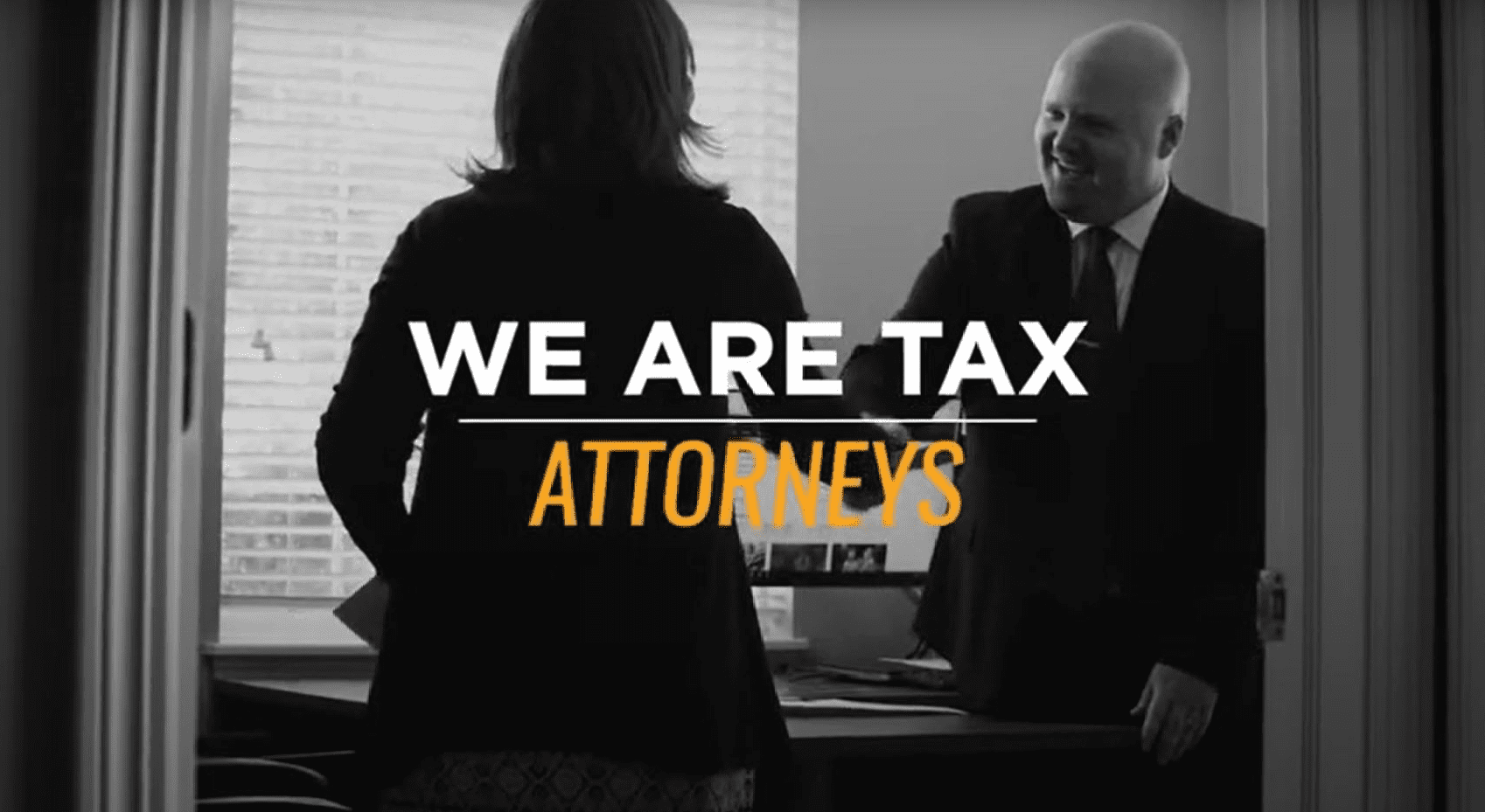Tax Attorney for Dallas, TX - How to Appeal IRS Decisions
As an IRS tax attorney for Dallas, I deal with the IRS all the time. Sometimes (actually, a lot of times), I disagree with the IRS and have to appeal.
Don't let the IRS bamboozle you. Learn about your options. You do have rights, and those rights include access to IRS appeals through the IRS independent office of appeals.
Check out the steps on how to file an IRS appeal below.
Get Help from an IRS Tax Attorney for Dallas, Texas Today
See what your IRS options are to resolve your tax situation.
Tell Me More about the IRS Fresh Start Offer in Compromise
If there is one thing I do a lot of as an IRS attorney for Dallas, it is submitting IRS Offer in Compromise packages.
As a Tax Attorney for Dallas, TX, there are primarily two paths that we take to get into IRS appeals. There are Collection appeals, and there are Audit appeals. IRS appeals is an independent function of the IRS, and they are allowed to consider “hazards of litigation.” What that means is that they are not working for the IRS and they can consider compromising with you to avoid going to tax court.
(1) Appealing a Collection Decision (an IRS Tax Attorney spends a lot of time with this type of appeal)
There are four primary types of appeals if you disagree with a collection decision. With Collection Appeals, your appeal must go directly to the IRS Collections off first. They will then forward the appeal to the Office of Appeals.
Collection Appeals Program (CAP)
A “CAP” appeal is a rather quick and “emergency” appeal. Typically, these are resolved within 2-3 weeks. However, you do not retain tax court rights if you disagree with the appeals decision. A Dallas Tax Attorney uses these only for decisions that require rapid resolution.
CAP appeals are only allowed for the following collection actions:
- Notice of Federal Tax Lien
- Levy action
- Rejection of an Installment Agreement
- Termination of an Installment Agreement
- Modification of an Installment Agreement
- Not returning levied property
- Seizure
To file a CAP, you must first request a telephone conference with the Collection manager. You will then file a Form 9423 Collection Appeals Request with the Collections manager if you cannot work out your disagreement.
The appeal is then forwarded to the Office of Appeals, which will contact you directly with the information for the conference. This typically happens within 2-3 weeks, although as an IRS tax attorney, I have seen this happen even quicker.
Collection Due Process (CDP) Appeal
A collection due process (“CDP”) appeal is a great way to get your entire collection case out of collections and into the friendly waters of the appeals office. Appeals is, generally, much more taxpayer friendly. We almost always file a CDP when dealing with a lien or levy.
However, it will take awhile. Filing a CDP will typically get you into appeals within 3-6 months. The great thing about a CDP is that it stops collection efforts against you. You must file a CDP within 30 days from the date of your collection notice to get into a CDP appeal. However, if it is past 30 days, but within 1-year, you may file an “equivalency” hearing, but that will not always stop collection efforts.
There are five notices that come with CDP appeal rights. They include:
- Notice of Federal Tax Lien Filing
- Final Notice – Notice of Intent to Levy
- Notice of Jeopardy Levy
- Notice of Levy on your State Tax Refund
- Post Levy Collection Due Process Notice
A good IRS tax attorney for Dallas, TX knows that you should always exercise your CDP rights, even if you don’t plan on using them. You can always withdrawal the request later, but you can never get it back once time lapses. A CDP is requested on Form 12153 Request for a Collection Due Process of Equivalent Hearing.
Offer in Compromise Appeal
If the IRS rejects an Offer in Compromise tax settlement, it is important to file an appeal within 30 days of the rejection notice. First, it is likely that you will get a better result in Appeals. This is because the IRS increases “allowed expenses” each year. It takes awhile to get into Appeals, so by the time your case hits appeals, you will naturally have a better Offer.
Second, Appeals is much more taxpayer friendly. As an IRS tax attorney, I have seen the appeals settlement officers bend over backwards to help get an Offer through. You file an Offer in Compromise appeal with Form 13711 Request for Appeal of Offer in Compromise.
Trust Fund Recovery Penalty (TFRP) Appeal
Almost all TFRP cases we have worked end up in appeals. a TFRP is assessed against a taxpayer that is responsible for payroll taxes and willfully did not remit those payroll taxes.
Basically, the IRS is proposing to assess the trust-fund portion of the payroll taxes against an individual. It is important to file a timely protest when you receive the proposed TFRP assessment.
As with the other appeals, the protest goes back to the IRS Collections worker. They will review and forward to appeals.
(2) Tax Audit Appeals (Protest)
If the IRS selects your tax return for an examination, they will likely propose an additional tax and penalty against you. A good tax attorney for Dallas, TX can help mitigate the tax damages from an audit, but, unfortunately, the IRS almost always proposes some kind of additional tax assessment.
It is important to file a timely protest if you disagree with the audit results. If the case is under $25,000, you can file a Form 12203 Request for Appeals Review of the audit. If the case is over that, then you must file a formal protest with the auditor. Generally, either method must be submitted within 30 days of the proposed assessment letter.
I tell my clients to almost always appeal an audit if there are penalties being assessed. The settlement officer is appeals will, typically, “split the baby” and at least give you some penalty abatement relief. Again, appeals is very taxpayer friendly.
If you receive a Statutory Notice of Deficiency (SNOD), you do not have “appeal rights” per se, but you have tax court rights. You must file in Tax Court within 90 days. However, typically, the IRS will forward the case to appeals for rapid resolution if you file in Tax Court to avoid the cost of litigation.
Regardless, always pay attention to your deadlines. If you are unsure if you still have appeals rights, talk to an IRS Tax Attorney today.
Get a Fresh Start with a Tax Attorney Today
If you are ready to have an IRS tax attorney for Dallas, TX look at your tax case to give you options, click here to get the process started today. Or call us directly for a free consultation at 330-331-7611.





